The cultural makeup of our democratic country is changing, which means big political changes are coming. These changes can be big opportunities for faith-based organizations to make a real connection with Hispanics.
In a recent article, Pew Research Center projected based on a new demographic study, that Hispanics will be the largest voting minority in the 2020 election.
This demographic shift is historic.
African Americans have long held the title of the largest minority, but in 2020, it looks like they will be overtaken in numbers by Hispanics.
“We project that the 2020 election will mark the first time that Hispanics will be the largest racial or ethnic minority group in the electorate, accounting for just over 13% of eligible voters – slightly more than blacks.
In raw numbers, a projected 32 million Hispanics will be eligible to vote in 2020, compared with 30 million blacks.” – Pew Research Center
Each year, there’s a continuing surge in the number of Hispanics living in the United States.
As a result, there will be many political implications to this demographic shift.
Hispanics see things differently. They care about different political issues than Anglo or African Americans.
And that’s not only because of their Hispanic culture, it’s also because of the experience so many of them have had in becoming an American.
Through an Immigrant’s Eyes
As much of the article above states, much of growth we see in the Hispanic population is the result of legal immigration.
“One-in-ten eligible voters in the 2020 election will have been born outside the U.S., the highest share since at least 1970.”
According to The Pew Research Center’s analysis of the data, a full tenth of the voters in 2020 will be foreign born.
While it’s true that Hispanics tend to have larger families, immigration is the main source of Hispanic population growth.
Unfortunately, some organizations see the rising Hispanic population as a social, political, or economic problem.
However, immigration is a real opportunity for faith-based organizations to reach out and connect with the growing Hispanic population.
Rather than a social concern, this demographic shift should be met with wisdom and excitement.
Reaching the heart of Hispanics has never been more possible!
Seeking New Connections
When an immigrant first comes to the United States, they are looking for new connections.
In a way of speaking, they have unplugged themselves from one country and are “plugging in” to a new country.
They are looking to connect to new friendships, business relationships or employers, neighborhoods, cities, schools, and churches.
More than at any other time in their life, Hispanic immigrants are open to new ways of doing things, new points of view, and new relationships.
They have to be so they can adapt to their new environment.
More than any other time, this is when your faith-based organization can more easily make a real impact on their personal and family life.
By following the Biblical command to “love the stranger” (Deuteronomy 10:19) in your marketing, communications, and programs, your organization can help Hispanic immigrants make a friendly, helpful connection in their new home.
Memory of Origin Country
For many Hispanic immigrants, memories of their original countries is a mixed bag of emotions.
On the one hand, Hispanics are proud of their families, culture, language, and ethnic identity.
On the other hand, they are also very aware of the problems that led them to leave all the people they love behind to come here.
Faith-based organizations should connect by celebrating the good memories Hispanic immigrants have of their families, culture, and origin countries.
With the right guidance, you can position your faith-based organization’s messaging in a way that celebrates their cultural origins while welcoming them into their new, adopted American culture.
Forging a New Personal and Family Identity
By the time an immigrant has become a naturalized citizen and given the right to vote, they’ve been through a deeply personal process of change.
By the time of their citizenship ceremony, many think of themselves as fully American.
They know where they come from, but they want the absolute best for their new country.
And by choosing to raise their children in this country, they have chosen to change the identity of their family.
In other words, they are raising Americans, citizens who’ll be patriotic and contributors to society.
This is an opportunity for faith-based organizations to affirm the new personal and family identity of Hispanic people around the country.
In affirming their new role and place in the American family, you can endear your organization to the heart of these new minority voters and position your faith-based organization for the possibility of Hispanics becoming a demographic majority.
More than Politics
The study I’m showing here emphasizes the role Hispanics will play in the 2020 elections. This is important for faith-based organizations to understand.
But it’s not everything faith-based organizations should consider.
Politics motivated this study, but that doesn’t mean that politics have to motivate you as a faith-based organization.
How will this cultural shift affect your mission, methods, and messaging in the next two to ten years?
I encourage all faith-based organizations to use their faith and take this opportunity to connect with the thousands of Hispanic immigrants that are making the United States their new home.
This is your best chance as an organizational brand to make a positive impact on these precious new American lives.
Need a hand to reach their heart? We’re here to help.

